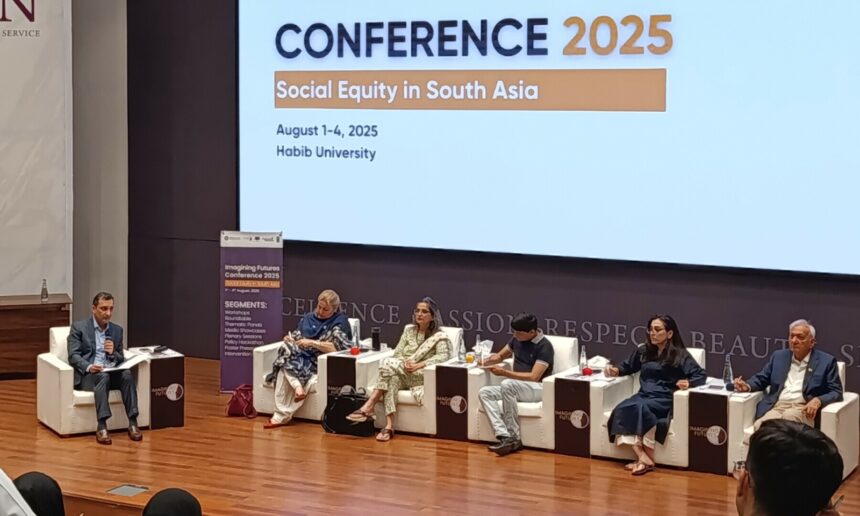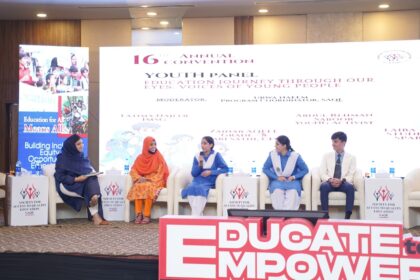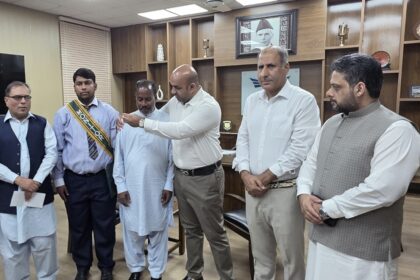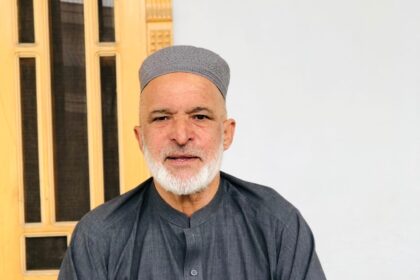At the Imagining Futures Conference held at Karachi’s Habib University, experts from a variety of fields highlighted significant flaws in Pakistan’s legal and civil systems, particularly regarding human rights and civil liberties. The plenary session brought together stakeholders, including National Commission for Human Rights (NCHR) Chairperson Rabiya Javeri, who emphasized the urgent need for a more responsive and holistic approach from institutions responsible for upholding justice and protecting rights.
During the discussion, Rabiya Javeri underscored the importance of knowledge, calling it a form of capital in empowering people to fight for their rights. However, she acknowledged that awareness alone does not guarantee protection in a deeply flawed system. Citing examples such as the high-profile murders of Benazir Bhutto and Noor Mukadam, Javeri argued that education and skills must be reinforced through supportive educational, financial, and judicial systems.
Statistics shared at the conference painted a grim picture of the situation facing women in Pakistan. Javeri pointed out that only 41 percent of rape victims report the crime, and many withdraw their cases due to immense societal pressure. She added that the conviction rate for rape hovers at a staggering low of 0.5 percent, raising serious questions about victims’ access to justice within a system she described as broken and unresponsive.
Javeri called for human rights impact assessments in all projects and stressed the need for systematic and gender-sensitive planning in budgets. She argued that the responsibility for protecting rights must be embedded across all levels of service providers, including lawyers, courts, police, and educators, to create an environment where civil liberties are truly protected.
She also highlighted the lack of oversight in mental health cases in Pakistan, sharing a disturbing incident in which a mother had her adult daughter, a postgraduate student, kidnapped and sent to a rehabilitation center simply because she refused marriage and kept cats as pets. The daughter was labeled as depressed by an unqualified individual, showcasing the dangers posed by the absence of proper regulation and the prevalence of self-proclaimed mental health professionals.
Throughout the session, speakers reaffirmed that human rights are inherent and should not be taken away. They urged for reforms that ensure institutions support, rather than hinder, the pursuit of justice and the safeguarding of civil liberties in Pakistan.











